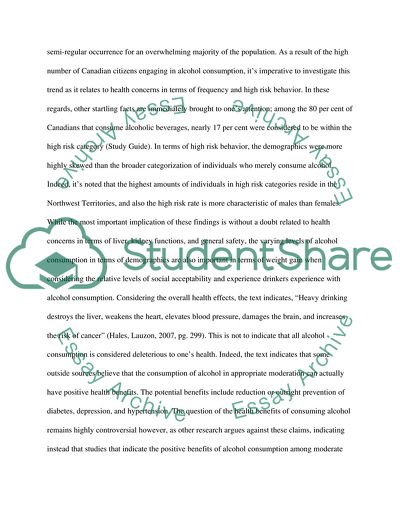Cite this document
(Can Alcohol Make You Fat Essay Example | Topics and Well Written Essays - 1750 words, n.d.)
Can Alcohol Make You Fat Essay Example | Topics and Well Written Essays - 1750 words. https://studentshare.org/health-sciences-medicine/1741564-can-alcohol-make-you-fat
Can Alcohol Make You Fat Essay Example | Topics and Well Written Essays - 1750 words. https://studentshare.org/health-sciences-medicine/1741564-can-alcohol-make-you-fat
(Can Alcohol Make You Fat Essay Example | Topics and Well Written Essays - 1750 Words)
Can Alcohol Make You Fat Essay Example | Topics and Well Written Essays - 1750 Words. https://studentshare.org/health-sciences-medicine/1741564-can-alcohol-make-you-fat.
Can Alcohol Make You Fat Essay Example | Topics and Well Written Essays - 1750 Words. https://studentshare.org/health-sciences-medicine/1741564-can-alcohol-make-you-fat.
“Can Alcohol Make You Fat Essay Example | Topics and Well Written Essays - 1750 Words”. https://studentshare.org/health-sciences-medicine/1741564-can-alcohol-make-you-fat.


